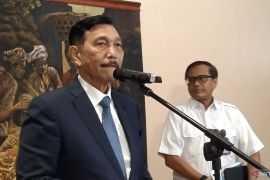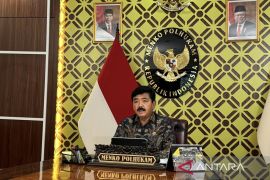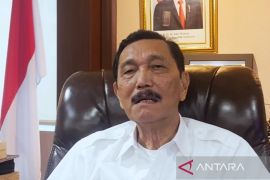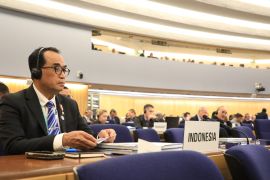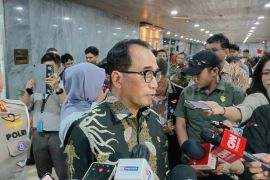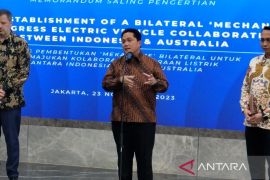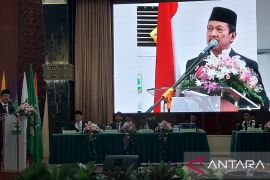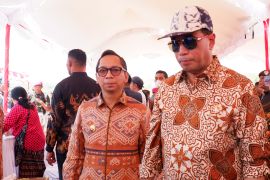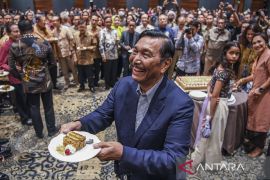Pandjaitan attended a luncheon with the representatives of ASEAN member countries at the Permanent Representative of the Republic of Indonesia in the United Nations, New York, on Monday (Jun 5).
The meeting was held to provide a brief explanation of the upcoming Marine Plastic Debris Summit to be held in Bali, Indonesia, next September. Apart from the ASEAN countries, the summit will also be attended by China, India, the US, Russia, Japan, New Zealand, and Australia.
"Marine plastic debris has caused losses worth US$1.2 billion in the fisheries, shipping, tourism, and insurance businesses," Pandjaitan noted in a press release received by ANTARA on Tuesday.
The paralysis of businesses in such sectors and the rise in unemployment can lead to other serious social and security issues, such as poverty, radicalism, and terrorism.
During the East Asia Summit (EAS) 2015, leaders of East Asia and ASEAN had firmly stated that marine pollution is a cross-border challenge that must be addressed effectively through international cooperation to achieve sustainable marine development.
All EAS participating countries had strongly committed to realizing marine and ocean sustainability as most of them are coastal nations and their economic development relies on their marine and fishery products.
"Strategically, maritime cooperation to solve the problem of marine waste can serve as a strong foundation to strengthen our existing maritime cooperation and bridge the differences in the views of these countries on waste management, such as the implementation of waste-to-energy projects and cooperation for its investment", Pandjaitan explained.
Waste-to-energy management can also be a new economic driver and stimulate the involvement of the far-flung private sector that directly benefits the community.
Thus, the state can encourage economic growth by reducing negative externalities to the environment, thus providing a concrete example of sustainable development.
"Based on these facts, I would like to call for your support to jointly strengthen our cooperation to address this critical issue by building regional awareness about plastic waste pollution and promoting private sector involvement, research institutions, and grassroots movements. Prior to the EAS, the ASEAN should share the same view on this issue," Pandjaitan remarked.(*)
Editor: Heru Purwanto
Copyright © ANTARA 2017
